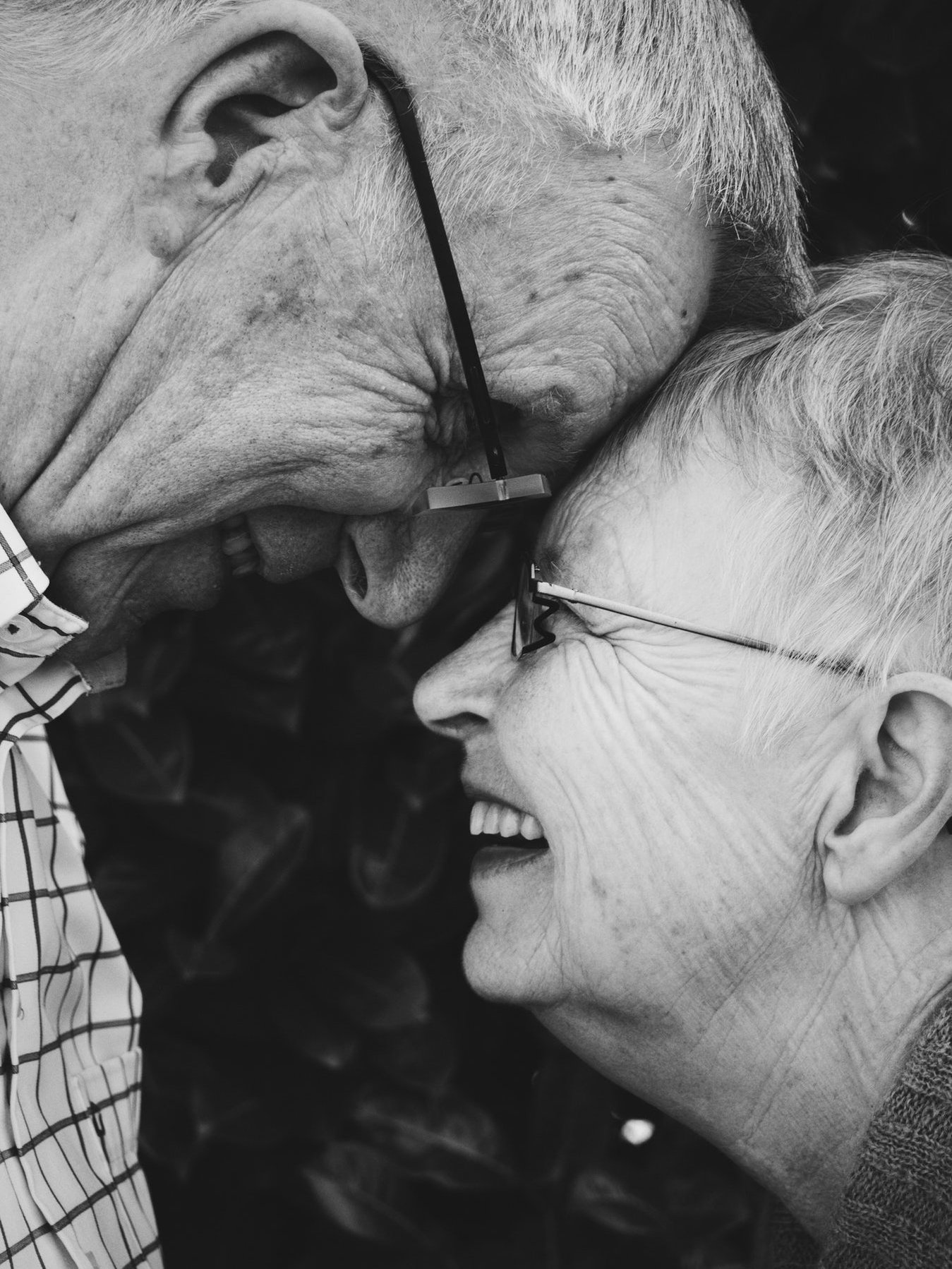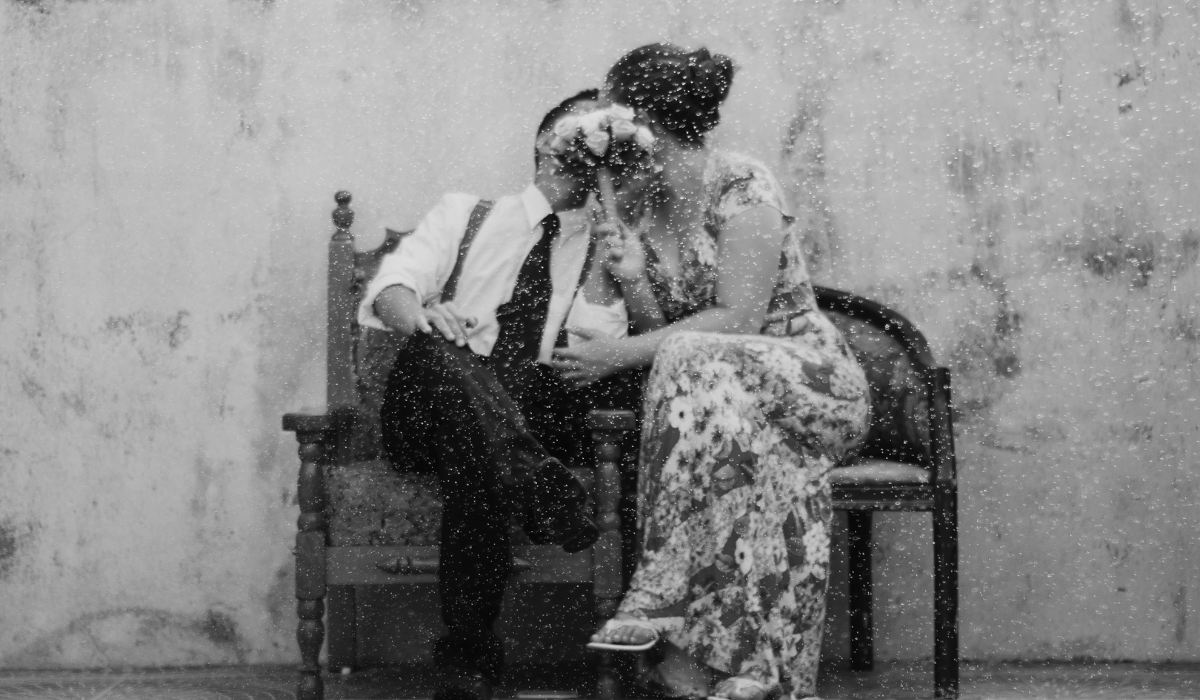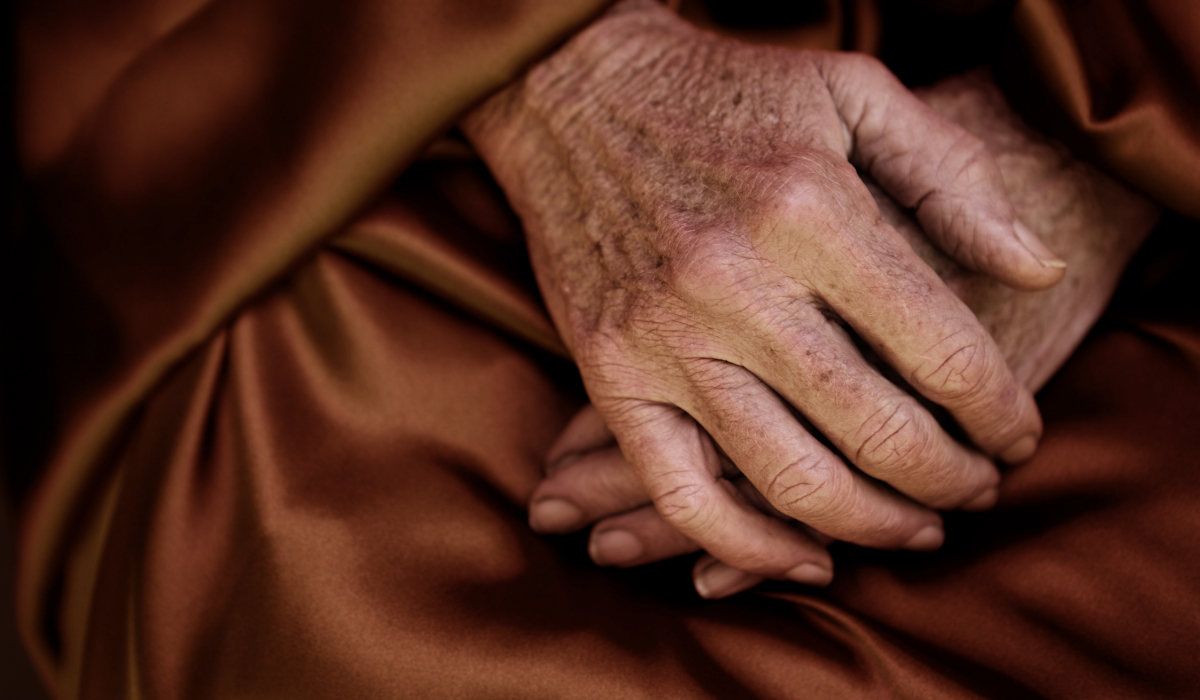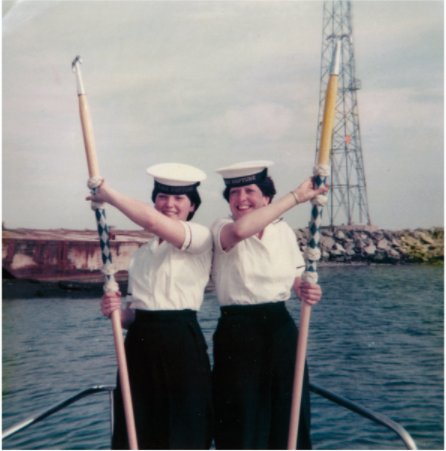Memories are the adhesive that fastens pictures to the walls of the rooms of our past. Over time the tenacity of the glue may start to wear, the frames may tilt and you see the images from a different angle; or they might drop off the wall completely.
Memory is the lens through which we gaze into the future. Our past experiences, emotions, observations; our sense of identity ultimately shapes our future thoughts and actions. And they are constructed through the tinted viewfinder of our mental memoirs.
“Life can only be understood backwards, but it must be lived forwards.” - Søren Kierkegaard


Documenting change
Have you ever come across an old storage box and spent hours going through your old possessions; letters, birthday cards, photographs? Reminiscing can be one of life's true, unpredictable and thrilling, delights. With it can come realization, how far you have come, how much you have changed; or haven’t. The overwhelming oneness of you and your past, the present, and your hopes for the future.
In his play The Cocktail Party, T.S. Elliot writes:
"We die to each other daily. What we know of other people is only our memory of the moments during which we knew them. And they have changed since then.'
Our memories of other people are based on the brief encounters we have with them. Every time we see them they are reborn, and every time we leave them, they, in effect, cease to exist.
We change every day, which is why it’s even more important that we make an effort to document ourselves. Keeping memories preserved for our family, our children, our grandchildren and, in times when the glue starts to deteriorate, for ourselves.
A Transient Present
When my grandmother died I found out more about her during the few hours at her funeral than during the rest of my life. To me, that felt profoundly sad. The Vicar, a stranger to me (and my grandmother), for those minutes, knew more about my grandmother than I did. He read notes from a piece of paper, brief memories collated by my mother and her siblings. For various reasons, I hadn’t seen her for 15 years. My strongest memory of her is the memory of her funeral. That’s not how anyone wants to be remembered or to have to remember others.
We must live in the present, they say. The present is fleeting, temporary and brief. Living in the present can be fun, cleansing and liberating, but ultimately ephemeral. If we don’t spend time reminiscing and recording it, then we risk leaving a traceless presence. We risk our grandchildren never really knowing who we were or what we stood for. Memories need to be shared, reminiscing and reflection force us to exist outside and beyond the present.
We think we will always be able to remember; and then comes an unsettling time when we realize this is not the case, as we struggle to recall details or dates, faces or feelings.

Memory spam
Rather than relying on our brains, we rely on email search tools for past conversations, Google for old recipes and remedies, and Facebook for people we used to know and events we went to. Our memory is becoming second-rate, equivocal and time-consuming to what computers can tell us clinically and accurately in seconds.
Are we clogging our minds unnecessarily with adverts? Are we paying too much attention to other peoples’ lives? Or are our brains and cognitive memories working hard and adapting by having to interpret and prioritize many things at once?
It’s true that younger generations seem to be very comfortable on their smartphones, laptops, iPads and watching TV all at once, but how much of it do they actually take in and remember? Is it the sign of a highly trained multi-tasking brain, or is very little actually sticking around for the long-term?
Memory span is becoming memory spam. We need to be careful that the pages of our memory diaries are not all blank, but that while certain pages may get scribbled on, ripped out or read aloud at social gatherings over and over again, they are still looked at and reflected upon every once in a while. Long-term memory lays at ease with long-form writing; a novel of your life allows room to tell the stories of your life in detail while also reflecting, yourself, on why and how they shape who you are today.
Reflection
German philosopher, Arthur Schopenhauer, believes that ‘just as one spoils the stomach by overfeeding and thereby impairs the whole body, so can one overload and choke the mind by giving it too much nourishment.’
Thus it can be impossible to reflect, and, he believes, it ‘is only by reflection that one can assimilate what one has read’. Hence it is only by reflection that we can appreciate our past and our achievements, in a world where so much is happening all at once. He concludes that ‘if one reads straight ahead without pondering over it later what has been read does not take root, but is for the most part lost.’
It is this loss that one might reasonably fear most. We can take our memory for granted, yet without it the present would be a self-destructive, transitory, and effectively pointless and repetitive loss. We would live purely on instinct and be denied the benefit of experience. As children’s author Lois Lowry puts it (and I think this is fitting, since our childhood memories are the ones we often remember most fondly):
‘The worst part of holding memories is not the pain. It’s the loneliness of it. Memories need to be shared.’
So you want to start making a record of your memories? Read How To Collect and Record Memories to find out how!



